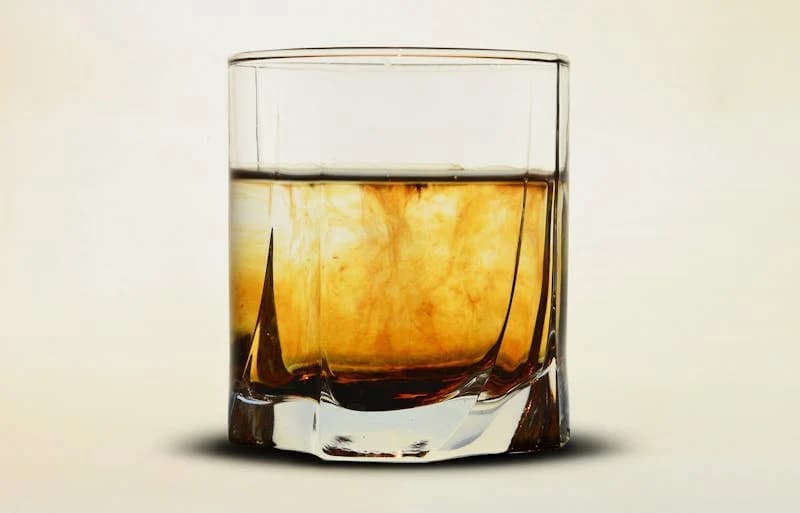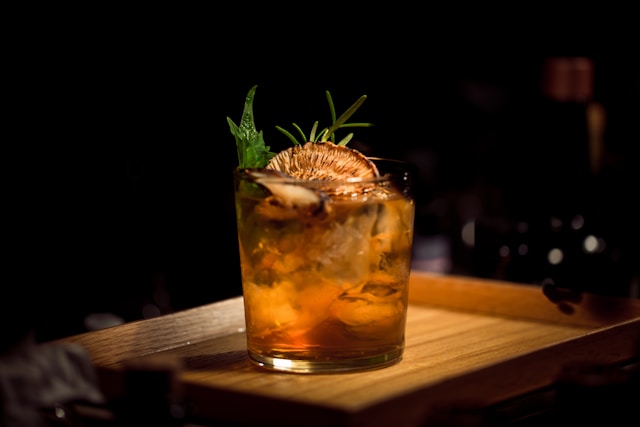Whisky is a drink with a rich history and unique traditions that has won the love of millions of people around the world. From classic Scotch to American bourbon, each type of whisky offers unique flavours and aromas shaped by a multitude of factors, from the choice of grains to distillation and cask ageing techniques. This drink not only embodies the craftsmanship of the producers, but is also the subject of deep knowledge and fascination for sommeliers and collectors.
Getting To Grips With Whisky Myths
There are many misconceptions in the world of whisky that can be confusing for both novices and experienced drinkers of this noble beverage. Understanding and debunking these myths helps to delve deeper into whisky culture and increases the enjoyment of whisky.
1. The Age of a Whisky Determines Its Quality

The notion that the older the whisky, the better it is, is not always true. There are many high-quality young whiskies on the market, such as two-year-old Octomore or four-year-old variants, which are popular with connoisseurs. It’s important to realise that the quality of a whisky depends not only on how long it has been aged, but also on many other factors such as the composition of the raw materials, the production conditions and the type of casks.
2. Good Whisky Is Necessarily Expensive
This misconception is common among newcomers. Many excellent whiskies are available at reasonable prices, for example, Wild Turkey 101 and OGD 114 cost around $20-30. Price often depends on marketing, exclusivity, and other factors not always related to the quality of the drink.
3. All Bourbons Are Made in Kentucky
In fact, bourbon can be produced in any state in the United States. While Kentucky is known as the heart of bourbon production, excellent examples of bourbon are also produced in Tennessee, Indiana, and other states. The law only requires that bourbon be produced in the United States and meet certain standards.
4. All Scotch Whiskies Are Smoky
Scotch whisky is often associated with a smoky flavour, but this is not true of all whiskies from Scotland. For example, most whiskies from the Speyside region have a smooth and fruity profile without a smoky flavour. The smoky flavour is predominantly associated with whiskies produced on Islay.
5. Whisky Needs To Be Drank A Certain Way
Many people believe that there is only one correct way to drink whisky, whether pure, on the rocks or with water. However, the truth is that everyone can actually enjoy whisky the way they want to. Experimenting with different ways of drinking can open up new tastes and flavours of this drink.
6. The Presence of a Celebrity Guarantees the Quality of Whisky
It is not uncommon for celebrities to associate their names with whisky brands, which can be misleading to consumers. Having a celebrity’s name on a bottle does not always mean a high quality product. It is important to evaluate whisky for yourself without relying solely on adverts.
7. Allocated Whisky Is Better Than Other Whiskies
The allocation of whisky is not always an indicator of its quality. Allocated whiskies are often hunted by collectors and speculators, but this does not mean that they are superior in flavour to the available options. Whisky evaluation should be based on personal preference, not rarity.
8. Other People’s Recommendations Are Absolutely Accurate

Everyone’s taste preferences are different, and what one person finds great, another person may not like. The opinions of others should be taken into account, but you should also try whisky yourself to form your own opinion.
9. The Best Whisky Is Always Top Shelf
It is a common belief that the best whiskies are stored on the top shelves in shops and the less valuable whiskies on the bottom shelves. In fact, the arrangement of whiskies in shops is often a function of marketing strategy or availability rather than quality. Good whisky can be found on any shelf, and sometimes discoveries are made among the most accessible bottles.
10. One Shot of Whisky Is Intoxicating
There is a myth that one shot of whisky can make you very intoxicated. In fact, the degree of intoxication depends on many factors, including the strength of the drink, a person’s weight and their tolerance to alcohol. Whisky is a drink that is meant to be consumed slowly and savoured, not to achieve intoxication quickly.
Conclusion
Misconceptions about whisky can be misleading and limit the enjoyment of whisky. Understanding that many of these myths are unfounded will help you enjoy whisky more fully and freely, experiment with new varieties and ways of drinking it, and ultimately enjoy this noble beverage more thoroughly.
